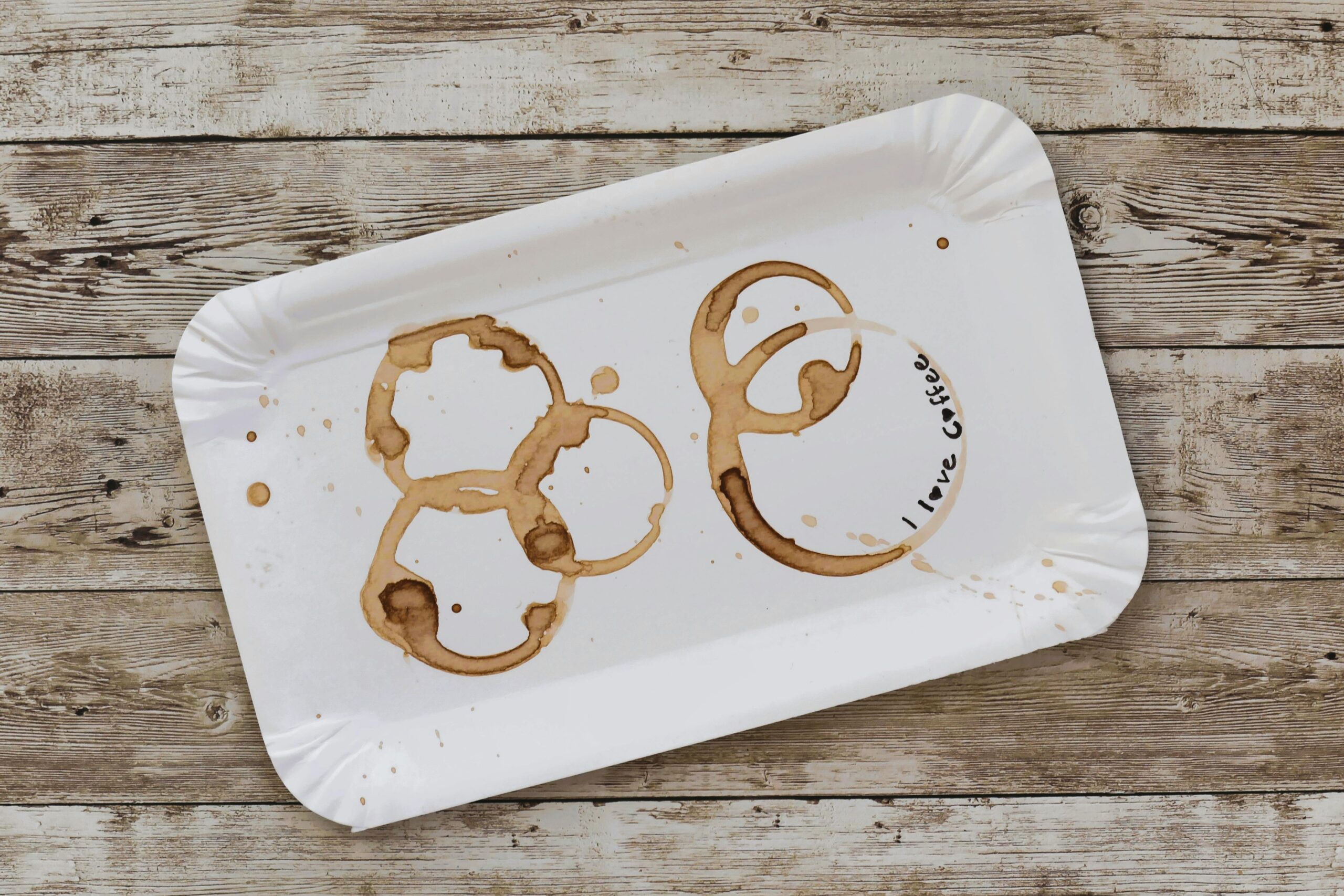Recent advancements in medical technology have led to the development of a novel biosensor that leverages the coffee-ring effect for rapid disease detection. Researchers at the University of California, Berkeley, have created a smartphone-based device capable of identifying disease proteins in saliva or buffer samples with unprecedented sensitivity. This report outlines the key features of this technology, its potential applications, and the implications for early disease detection.
The Coffee-Ring Effect
The coffee-ring effect refers to the phenomenon where a droplet of liquid, upon evaporation, leaves behind a ring of residue. This effect has been harnessed in the new biosensor to concentrate proteins from a small liquid sample into a visible pattern. The researchers have innovatively applied this concept to create a device that can detect disease markers effectively.
Technology Overview
The biosensor operates by allowing a droplet of liquid containing the sample to dry on a specially designed membrane. As the liquid evaporates, proteins within the sample are concentrated into a distinct ring pattern. A second droplet containing gold nanoparticles is then introduced, which binds to the proteins, resulting in a unique pattern that can be analyzed.
The analysis is performed using artificial intelligence (AI) algorithms that interpret images taken with a smartphone camera. This process is remarkably quick, taking less than 12 minutes from sample application to result.
Sensitivity and Specificity
The sensitivity of this biosensor is over 100 times greater than that of traditional rapid tests, such as enzyme-linked immunosorbent assays (ELISA) and lateral flow tests. This enhanced sensitivity allows for the detection of minute quantities of disease markers, which is crucial for early diagnosis and treatment.
Potential Applications
The biosensor has the potential to revolutionize the detection of various diseases, including:
- Sepsis: Early identification of sepsis can significantly improve patient outcomes.
- COVID-19: Rapid testing for COVID-19 markers can facilitate timely interventions.
- Cancers: The ability to detect cancer-related proteins early can lead to better prognoses and treatment options.
Future Directions
While the technology shows great promise, it has only been tested in laboratory settings with prepared samples. Extensive clinical trials and regulatory approvals are necessary before it can be implemented in real-world medical scenarios. The researchers are optimistic that this technology could lead to significant advancements in early disease detection, ultimately improving patient care.
Conclusion
The development of a smartphone-based biosensor inspired by the coffee-ring effect represents a significant leap forward in rapid disease detection technology. With its high sensitivity and quick turnaround time, this innovative approach has the potential to enhance early diagnosis and treatment of various critical conditions.
Citation
StudyFinds. (2023). How coffee stains inspired breakthrough in rapid disease detection. Retrieved from StudyFinds








Leave a Reply